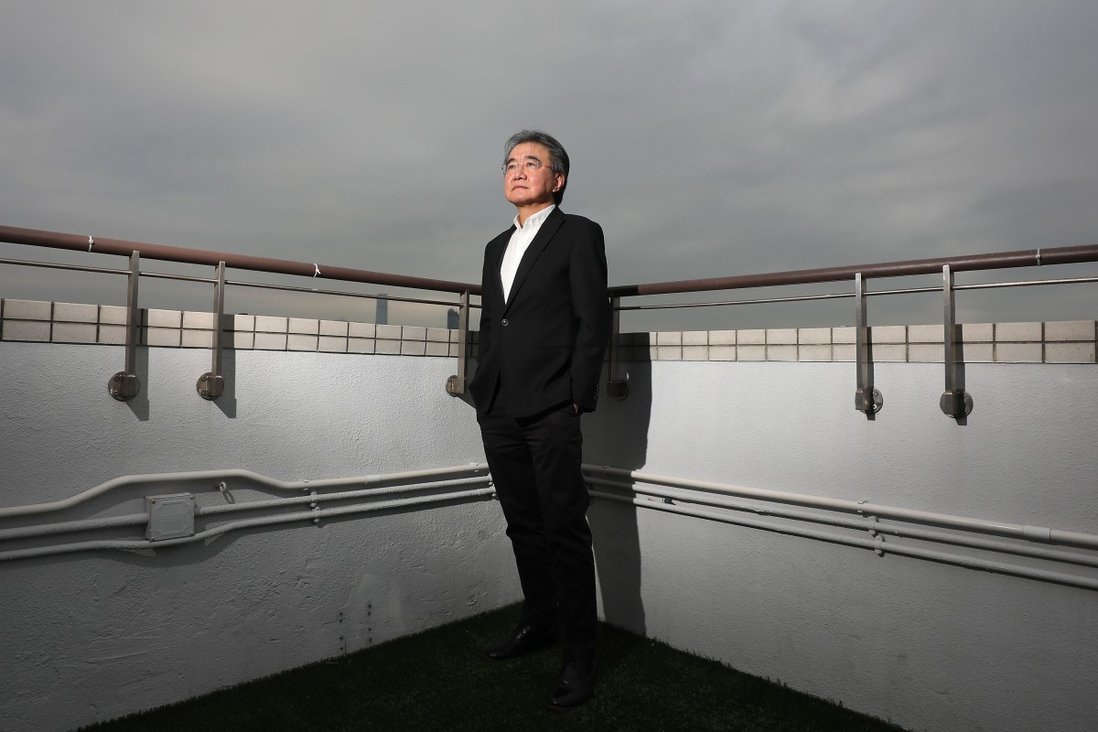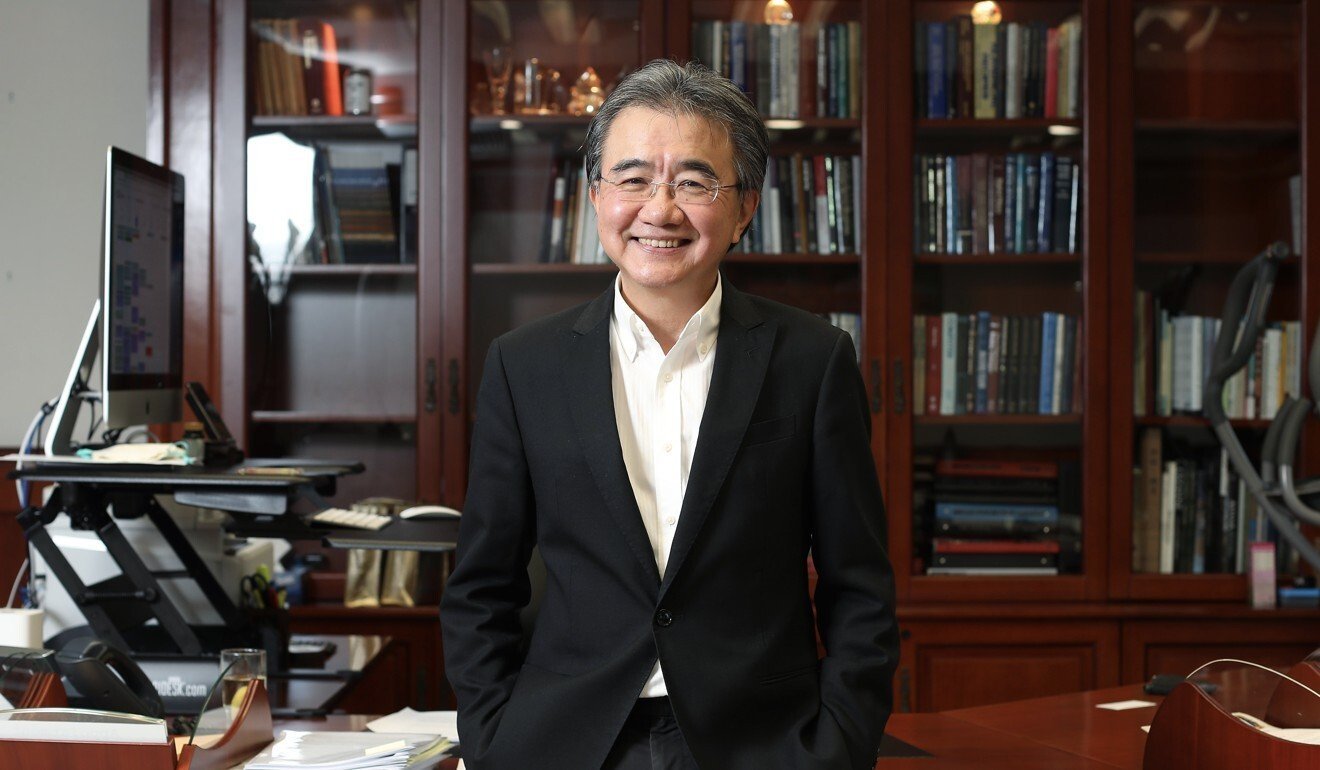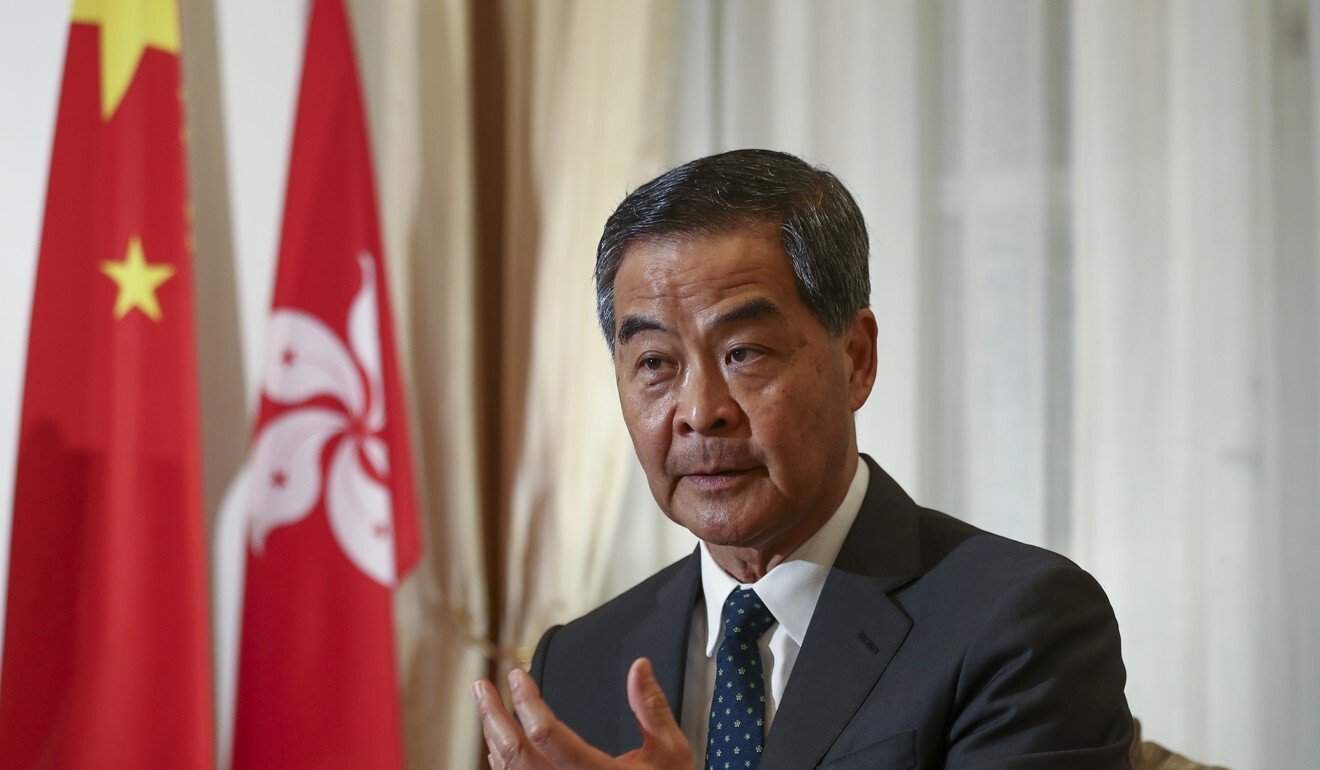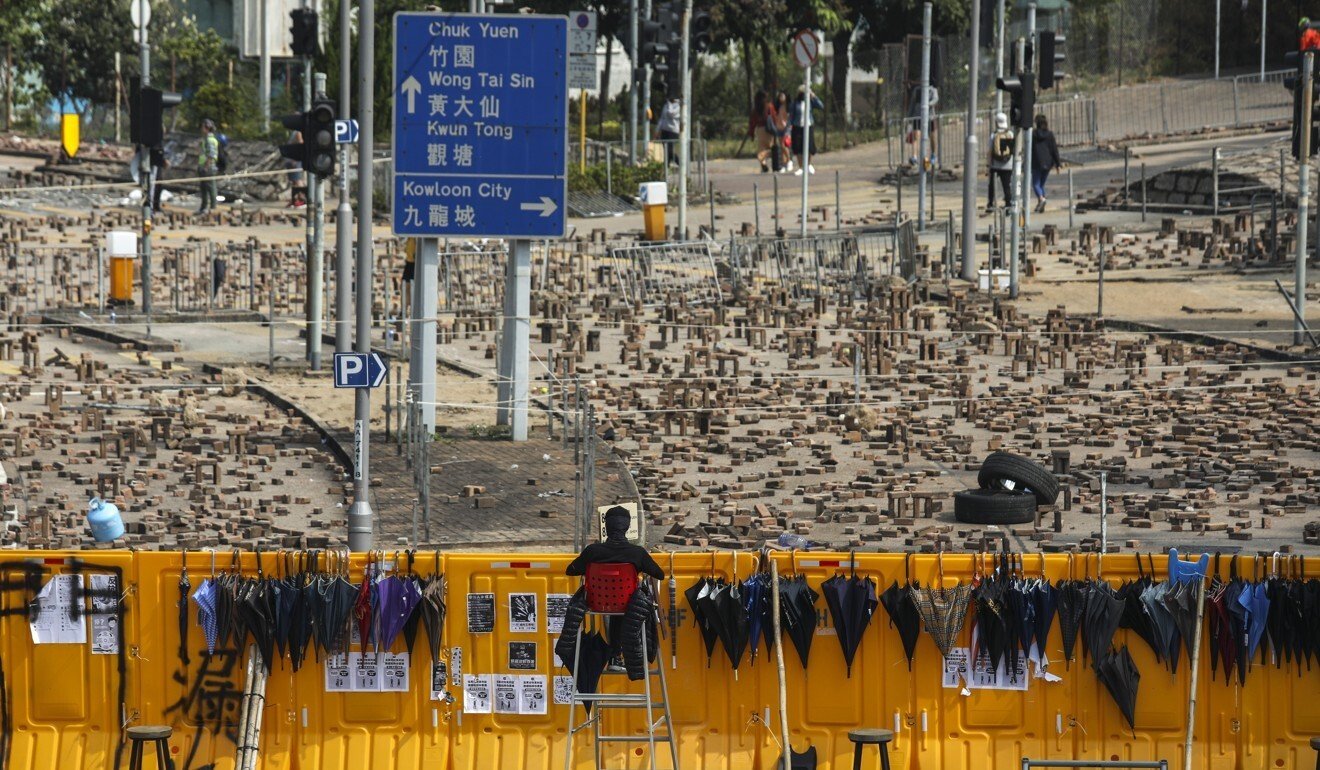Hong Kong News

Outgoing Baptist University president says: ‘I voice what I believe’

Outgoing president of Baptist University Roland Chin.
Baptist University’s outgoing president, Roland Chin Tai-hong, believes it is not too late for Hong Kong to set up a conciliation commission to foster conversation between different camps and heal a society ripped apart by last year’s anti-government protests.
Although the city appeared calmer on the surface now, he said, the root of the problems had not been dealt with and Hong Kong remained divided and filled with unhappiness.
Chin, 68, also shared his vision on higher education in an interview with the Post, saying academic freedom, institutional autonomy and global diversity had to be preserved for the city to flourish as a leading hub for learning.

After a long academic career, Chin, whose field is computer science, is set to retire at the end of the month. He attended high school in Hong Kong before obtaining his bachelor’s and PhD degrees in the United States. He began his teaching career at the University of Wisconsin, Madison, in the 1980s.
He returned to Hong Kong in the 1990s to teach at the University of Science and Technology, before moving on in 2010 to become provost and deputy vice-chancellor of the University of Hong Kong.
Chin became president and vice-chancellor of the publicly funded Baptist University in 2015, and faced his biggest challenges last year, when dozens of his students were arrested and the campus occupied by protesters during the social unrest.
More than a year on, he said, it was problematic there were still no conversations created to bridge the rifts in society, and called for the setting up of a conciliation commission.
“Our society needs to realise what the problems are and how to solve them,” he told the Post last week. “All camps, the government, and community leaders have to create a conversation and dialogue of understanding.”
This should be done eventually, if not now, or Hong Kong would remain stuck, he added.
Recalling the challenges the university faced during last year’s protests, he said: “I was saddened by the whole situation, including seeing our society being torn apart.”
He sometimes found himself caught between the “yellow” opposition camp and the “blue” pro-establishment camp during the months of unrest, shunned by his students as well as prominent pro-Beijing figures.
Many students were angry that he refused to condemn police after their peers were arrested, including a student union leader detained for having laser pens and a student journalist found with a knife in his bag while covering a protest scene.
Members of the pro-Beijing camp, including former city leader Leung Chun-ying, criticised the way he managed the situation after a group of students surrounded the president’s office briefly and vandalised campus facilities during protests.
Chin said he did not consider himself controversial.

He pointed out that while Leung denounced him openly, others in the blue camp praised him. “That’s fine, because if CY attacks me, my students would like it. If CY praises me, my students would hate it,” he said with a laugh.
“As president, I represent the entire spectrum of students, professors and alumni. If I say I am yellow or anti-police, the majority will say, ‘No, you don’t represent me’. If I say I am blue, the same thing will happen.”
He also said: “I voice what I believe in.”

Baptist University was one of several campuses occupied by protesters in November last year, with nearby roads blocked and barricades erected.
Chin said swift action was taken as many protesters moved into the Kowloon Tong campus from November 13. Non-local students were evacuated from dormitories, while he initiated efforts to communicate with both the police force and student protesters.
“I went to see police, spoke to a superintendent to see how we could defuse the situation,” he said. “Then we talked to the student union, sent alumni to talk to them and tell them to calm down.
“I wanted to keep the campus free of violence and avoid it being burned down. I wanted to do my best to keep the campus safe with no one getting hurt.”
Some of the protesters were not from Baptist University, but Chin said he hoped tensions could be eased through dialogue and negotiation.
By November 16, most of the protesters were gone. Although repairs cost around HK$2 million, Baptist University did not experience anything like the severe wreckage left by protesters at Polytechnic University and Chinese University.
Chin said neither the protests nor the arrival this year of Covid-19 put off overseas academics from joining Baptist University, although applications by international students were affected by pandemic travel restrictions.
He was confident overseas students would return after the pandemic.
For universities in Hong Kong to continue to excel, some core values had to be preserved, Chin said.
“An essential component is global diversity, to create innovations, changes and to train young people,” he said.
“But even with global diversity – mixed race, religion and culture – if they are restricted [in terms of academic freedom], then nothing good will happen … Universities should also not be directly dictated to by anyone.”
While the university was diversifying its staff and student recruitment as well as expanding its Kowloon Tong campus, Chin said there were no plans to expand with new campuses in mainland China. It currently runs United International College in Zhuhai, which it jointly founded with Beijing Normal University.
Reiterating that his decision not to opt for a second five-year term was due to his age, not politics, he said: “I do not want to retire only when I am 73 or 74.”
He will remain in Hong Kong after retirement, but said he expected to travel regularly to the United States once pandemic restrictions eased, as his daughter lived there.
“Hong Kong is still my home base for now,” he said.
Looking back at his tenure at Baptist University, he said there was nothing he would change if he could.
“I would like it to be exactly the same,” he said.











